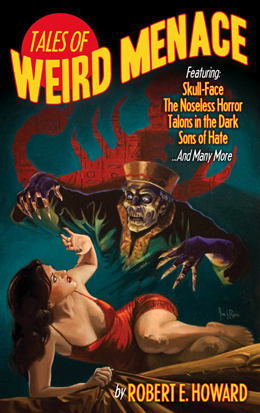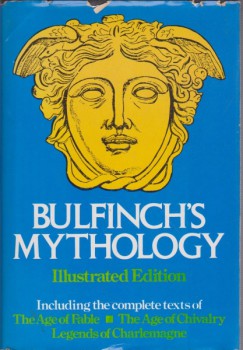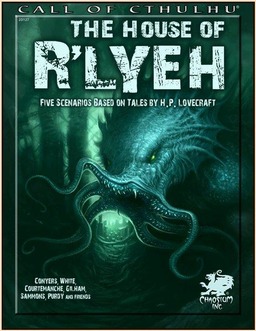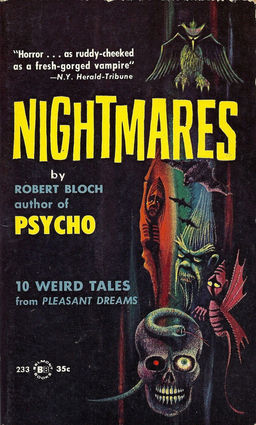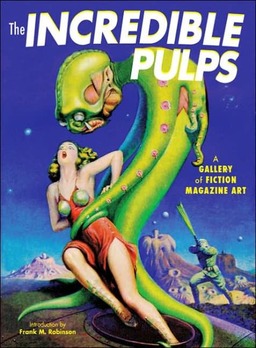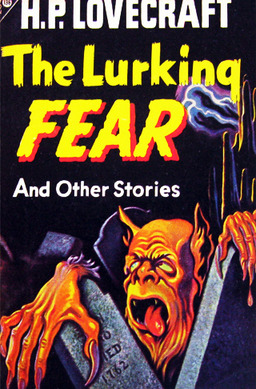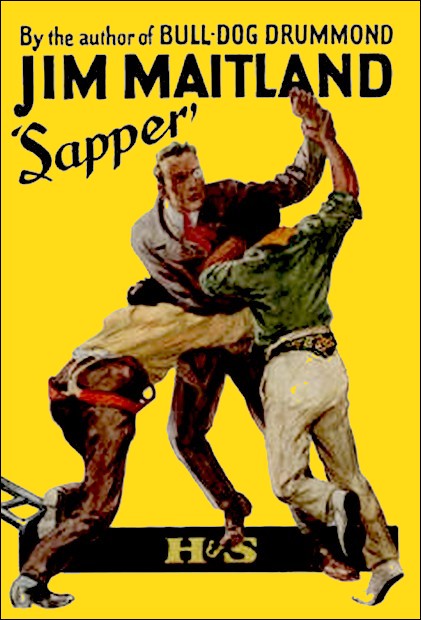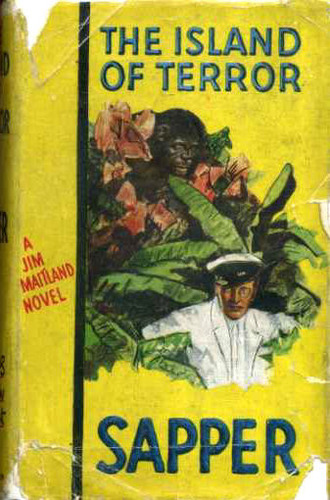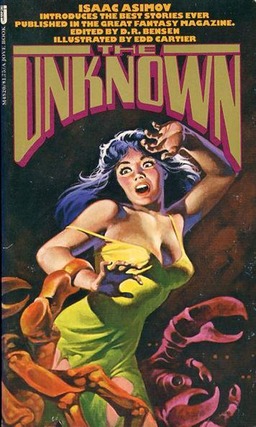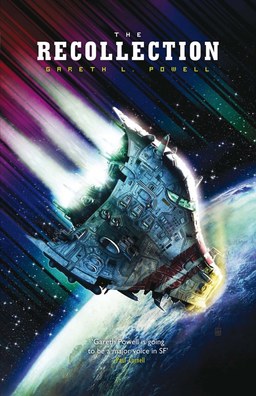Galaxy Science Fiction, July 1951: A Retro-Review
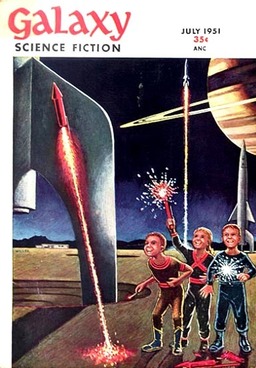 With a colorful, 4th of July holiday-appropriate cover, the July issue of Galaxy hit newsstands (or arrived in your mailbox if you were a subscriber), much to the delight of its readers (or so I imagine). The issue felt very full — as though H. L. Gold used some undetectable device to cram extra fiction into the folds. Or perhaps it was the anticipated conclusion of “Mars Child” and the absence of any science article. At any rate, I think this was one of the better issues.
With a colorful, 4th of July holiday-appropriate cover, the July issue of Galaxy hit newsstands (or arrived in your mailbox if you were a subscriber), much to the delight of its readers (or so I imagine). The issue felt very full — as though H. L. Gold used some undetectable device to cram extra fiction into the folds. Or perhaps it was the anticipated conclusion of “Mars Child” and the absence of any science article. At any rate, I think this was one of the better issues.
“Venus is a Man’s World” by William Tenn — Ferdinand is the only boy on a rocket filled mostly with young women on a journey to Venus. That world offers a better opportunity of finding a suitable husband than Earth, where the population is mostly made up of women. Not that Ferdinand cares about any of that. He just wants something to do, so he explores the ship, including restricted areas, like one of the lifeboats. Except that someone’s already in the lifeboat — a stowaway who calls himself Butt. And Butt knows all kinds of things that Ferdinand’s sister never talks about. If only he’d let Ferdinand hold his gun…
I absolutely loved this story, and it was easily my favorite of the issue. The narration is told in first-person from Ferdinand’s point of view, and it is hilarious and engaging. Butt’s character is outstanding. This is also a piece that stands the test of time. It was eventually collected in William Tenn’s third collection, The Square Root of Man (1968).
“Common Denominator” by John D. MacDonald — As humanity begins to study another advanced race in the galaxy, they discover that the aliens have a crime rate and insanity rate of nearly zero. Charting the past millennia reveal that it all improved eight thousand years in the past. Lambert, Chief of the Bureaus of Racial Maturity, has the chance to speak with one of them and to try to understand how such a change was possible.
While the story itself is written well, I found the premises simplistic and absurd. But I’m not going to reveal the reason for the alien race’s rise in peace and safety because that is part of the bite of the story. I’m starting to see more of this trend in some of Galaxy’s fiction, though, where an author will envision what humanity (or a variety of humanity) might look like if X or Y was subtracted or added. And that utopia is but one tweak away.
